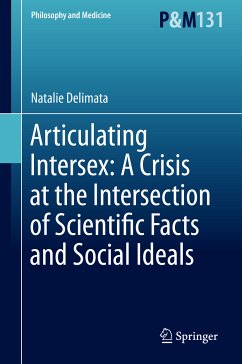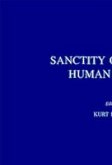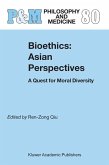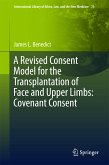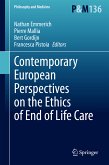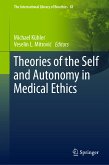This book explores the ethical dilemma clinicians may face when disclosing a diagnosis of atypical sex. The moment of disclosure reveals an epistemic incompatibility between scientific fact and social meaning in relation to sex. Attempting to assess the bio-psychosocial implications of this dilemma highlights a complex historic antagonism between fact and meaning making satisfactory resolution of this dilemma difficult. Drawing on David Hume, WVO Quine and Michel Foucault the author presents an integrative model, which views scientific fact and social meaning as codetermining threads in one fabric of knowledge. From this epistemic perspective, the ethical dilemma is understood as a tear in the fabric signifying a rupturing of ontological integrity. To mend this tear and resolve the ethical dilemma three metaphysical perspectives are considered: essentialism, naturalism and emergentism. The book's unique features include: an exploration of the impact of diagnostic disclosure on people with atypical sex (intersex); a synthesis of the epistemic perspectives of social and natural science facilitating interdisciplinary collaboration; a critical evaluation of three metaphysical perspectives on atypical sex (intersex); the application of Hume's epistemological and moral distinctions to contemporary biomedicine and bioethics. The book's target audience includes academics, students and professionals whose work intersects the natural and social sciences, and individuals interested in the metaphysics, epistemology and meta-ethics of sex.
Dieser Download kann aus rechtlichen Gründen nur mit Rechnungsadresse in A, B, BG, CY, CZ, D, DK, EW, E, FIN, F, GR, HR, H, IRL, I, LT, L, LR, M, NL, PL, P, R, S, SLO, SK ausgeliefert werden.

